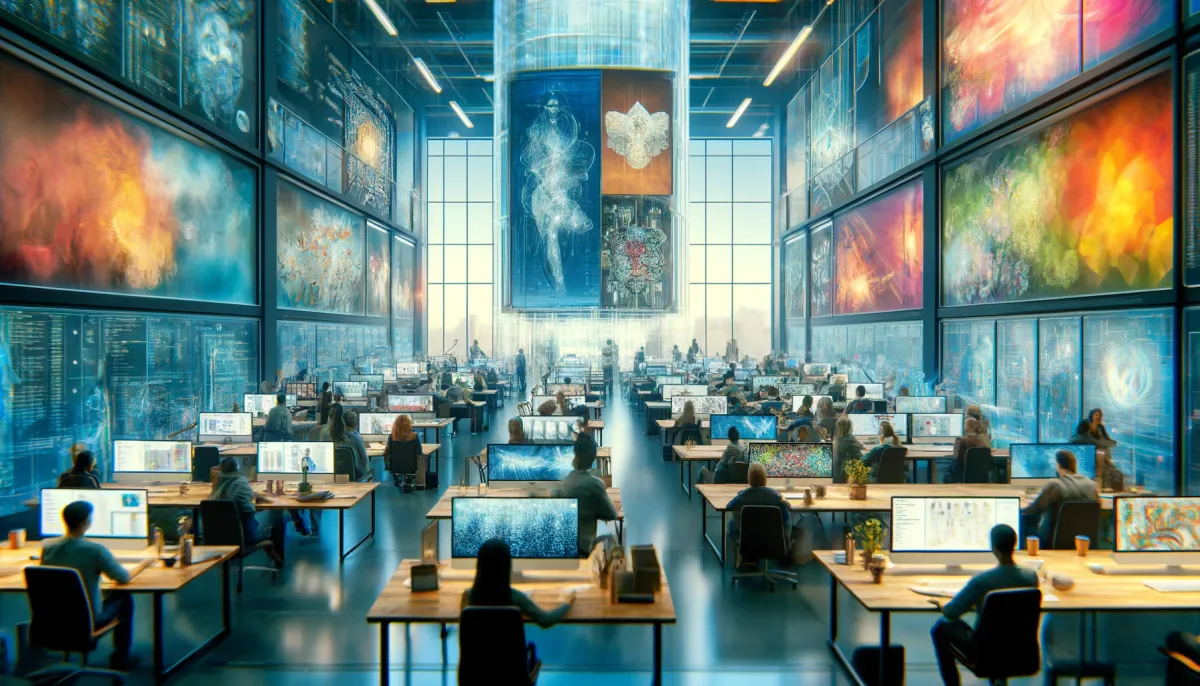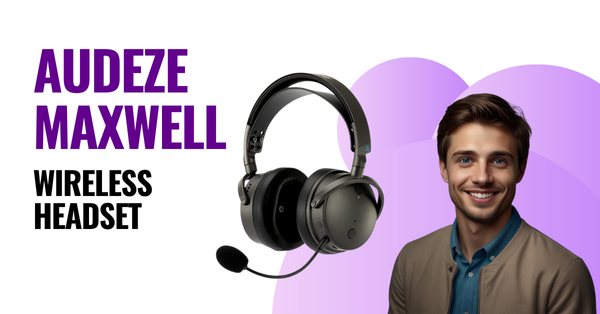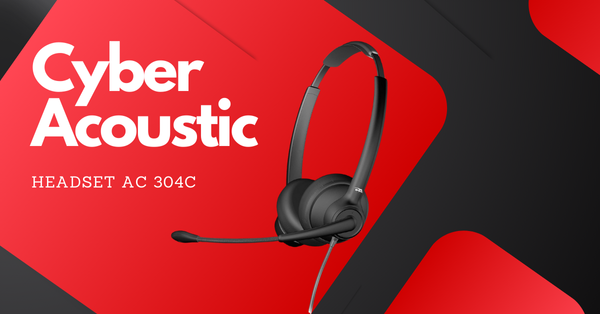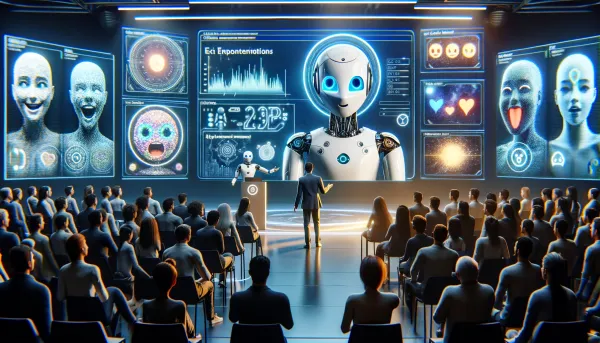OpenAI Announces New Tool to Give Artists Control Over Their Data
Artists and creators can now have more say over how their work is used in AI development, thanks to OpenAI's new Media Manager tool. But questions remain about its effectiveness and whether it will be an industry standard.

Artists and creators can now have more say over how their work is used in AI development, thanks to OpenAI's new Media Manager tool. But questions remain about its effectiveness and whether it will be an industry standard.
OpenAI's New Tool for Artists
On Tuesday, OpenAI announced the launch of a new tool called Media Manager, which will allow artists and content creators to opt out their work from the company's AI development. This move comes after OpenAI faced lawsuits from artists and publishers who accused the company of using their work without permission to train AI algorithms.
Details of the Tool
The company has stated that the tool will be available in 2025 and will allow creators to specify how they want their work to be included or excluded from machine learning research and training. OpenAI has also mentioned that they are working with creators, content owners, and regulators to develop the tool and intend for it to set an industry standard.
Unanswered Questions
While the news of this tool may seem like a step in the right direction, there are still many unanswered questions. For example, it is unclear if content owners will be able to make a single request to cover all their works or if they will have to submit requests for each individual piece. Additionally, it is uncertain if OpenAI will allow requests for models that have already been trained and launched. The company has mentioned that research is underway for a process called "unlearning," which would allow for the retrospective removal of a work from AI training data, but this technique is still being perfected.
Expert Opinions
Ed Newton-Rex, CEO of Fairly Trained, a startup that certifies AI companies using ethically sourced training data, believes that this shift from OpenAI is a positive one, but the implementation will be critical. He questions if this is simply an opt-out tool or if it will lead to a larger shift in how OpenAI conducts business. Jordan Meyer, CEO of Spawning, a startup that offers an opt-out registry for creators, also raises concerns about the potential complexity of having multiple opt-out tools from various AI companies.
Opt-In vs Opt-Out
Some experts, like concept artist and illustrator Reid Southen, believe that opt-in is the only feasible way forward when it comes to companies looking to profit from AI and disrupt industries. He argues that opt-out tools can put an undue burden on creatives, especially if they have thousands of works that need to be individually opted out.
The Future of AI and Artist Rights
OpenAI's new tool is a step towards giving artists more control over their work and data in the world of AI development. However, questions still remain about its effectiveness and whether it will truly become an industry standard. Some experts believe that a complete shift to an opt-in system may be necessary to ensure that artists and creators have a say in how their work is used for AI projects. As technology continues to advance, it is crucial for companies to consider the ethical implications and respect the rights of artists and content creators. Only time will tell how this tool will impact the future of AI and artist rights.




